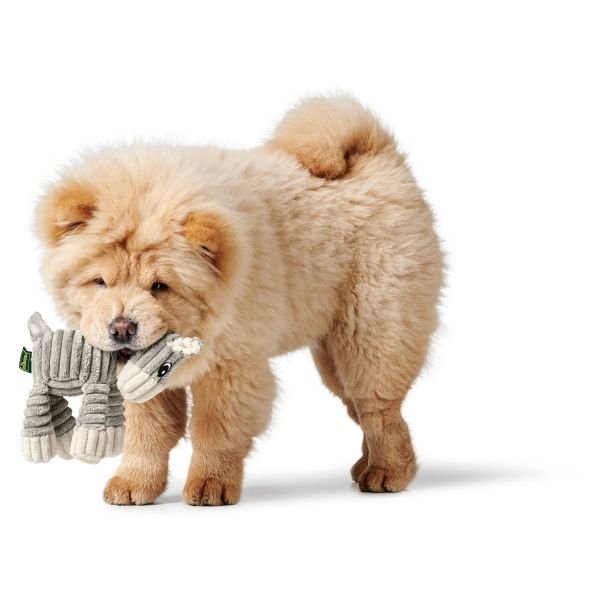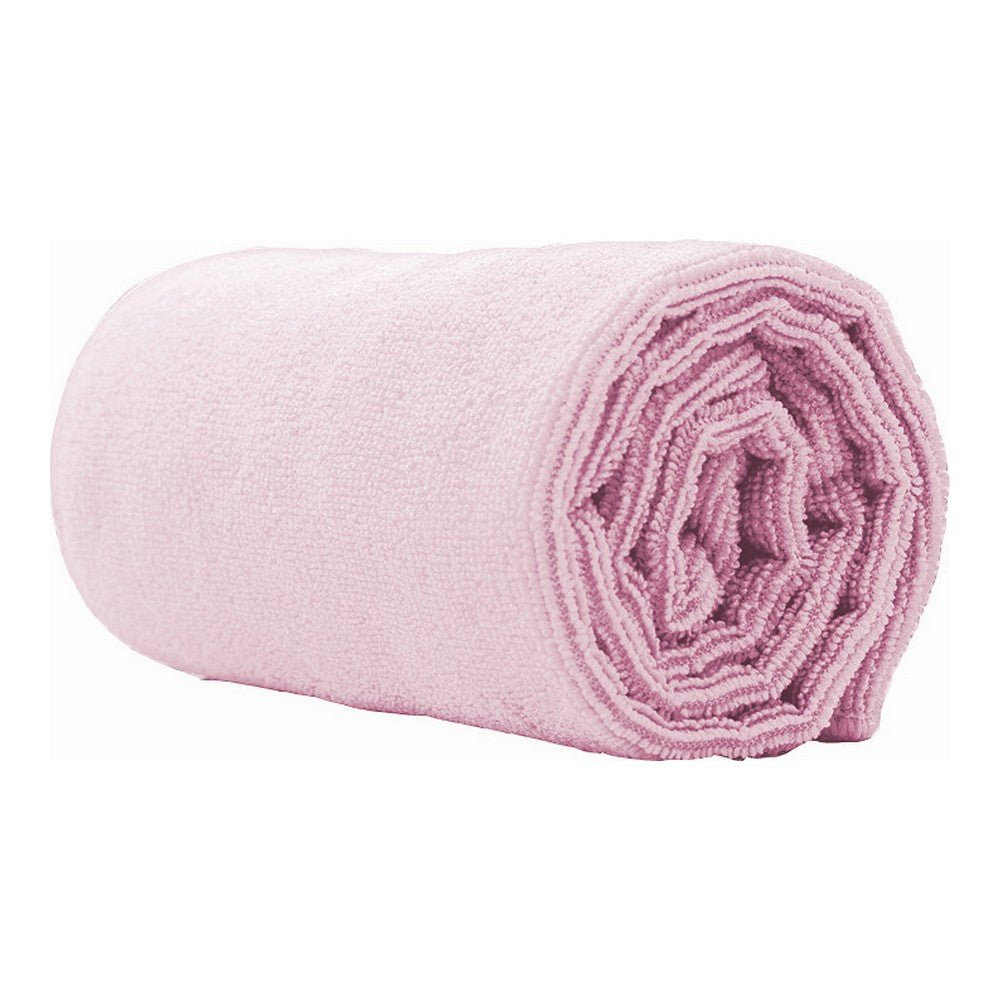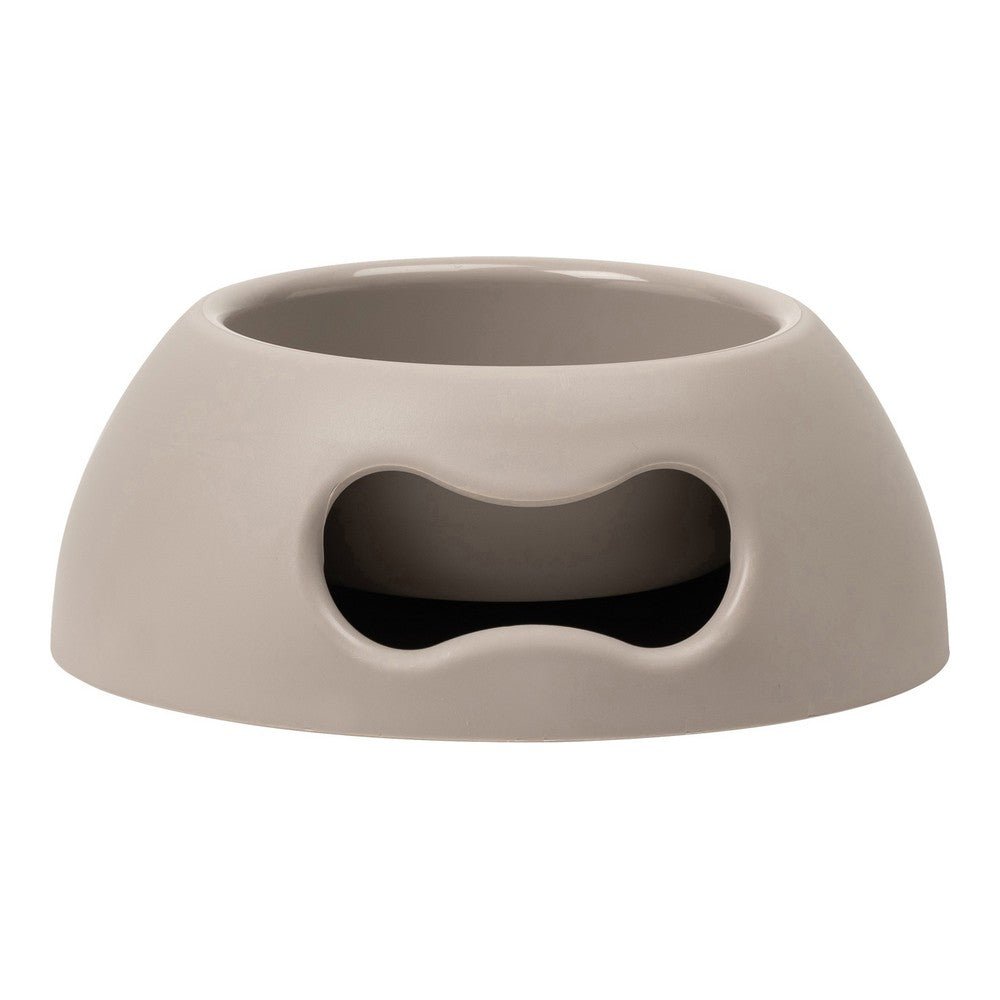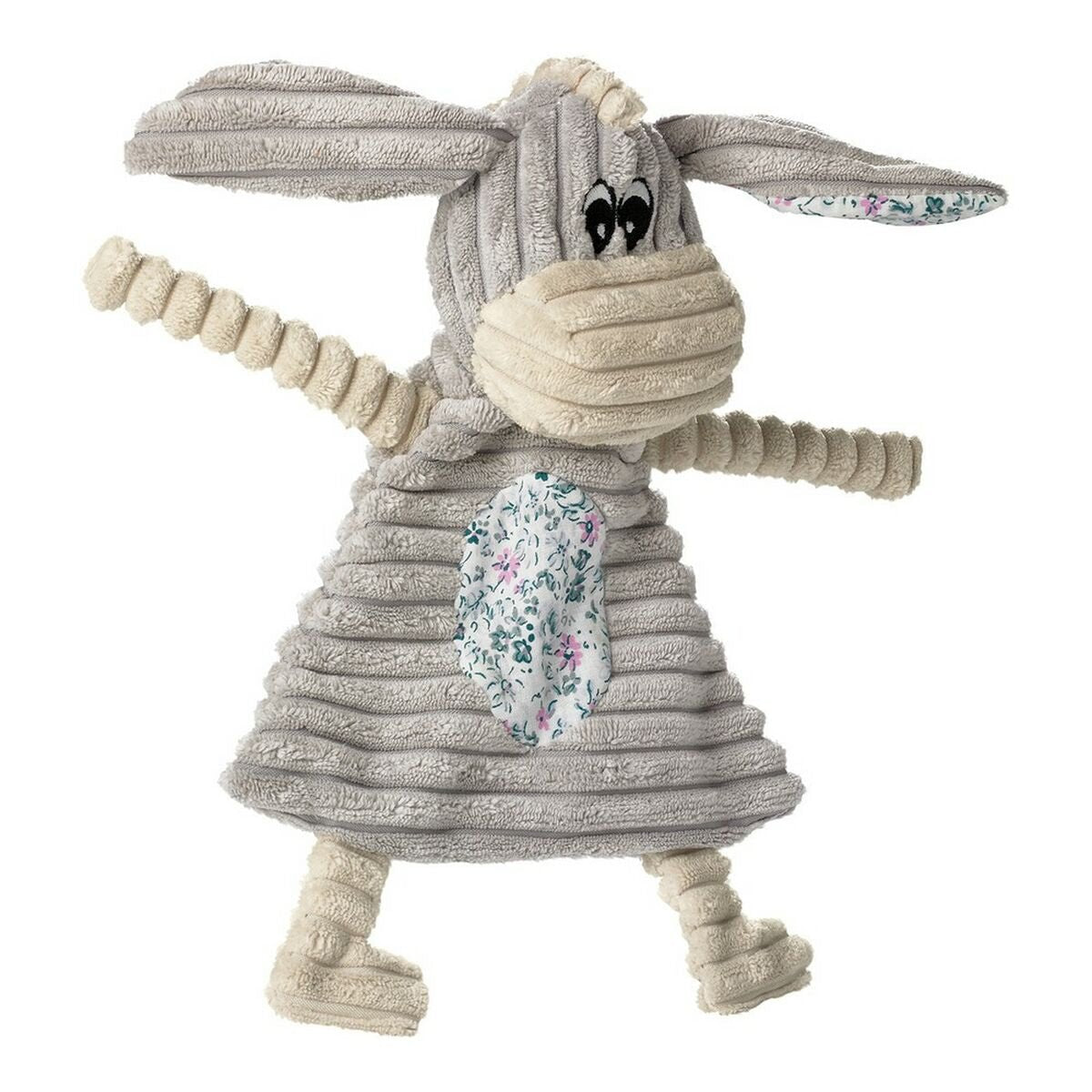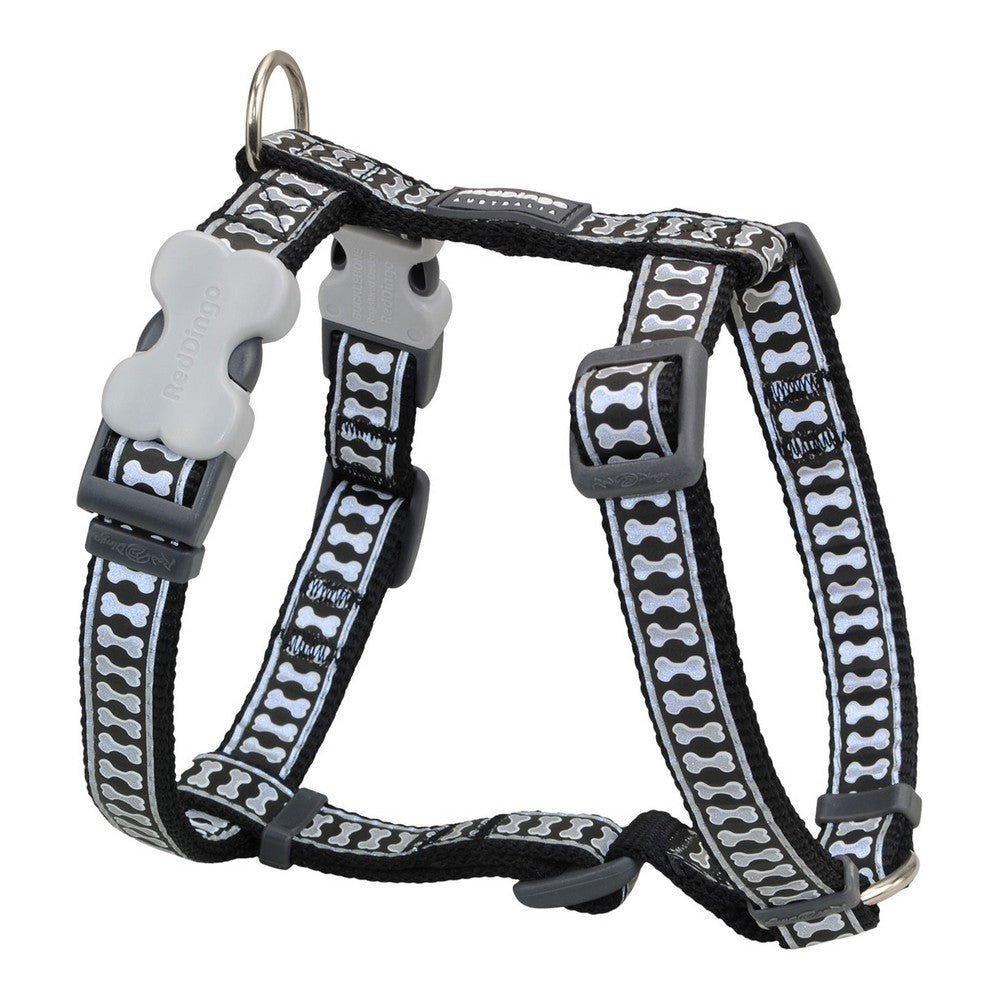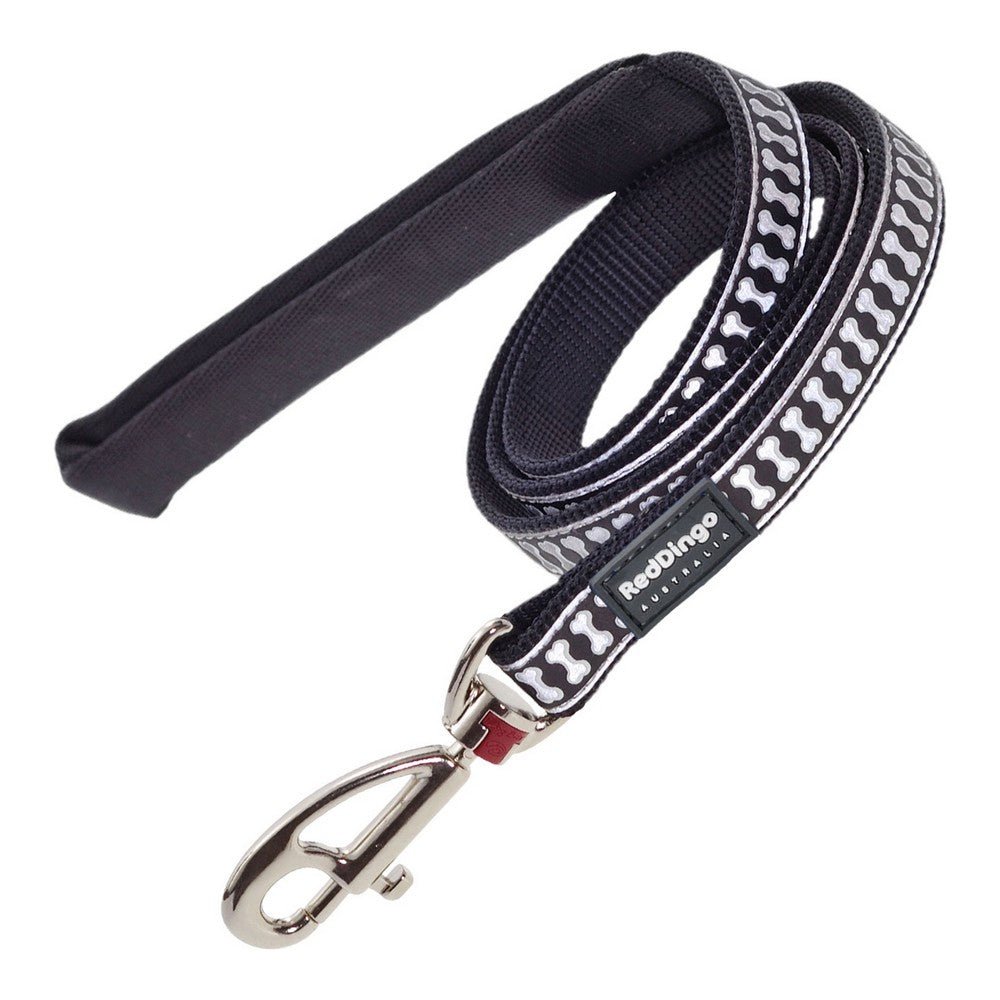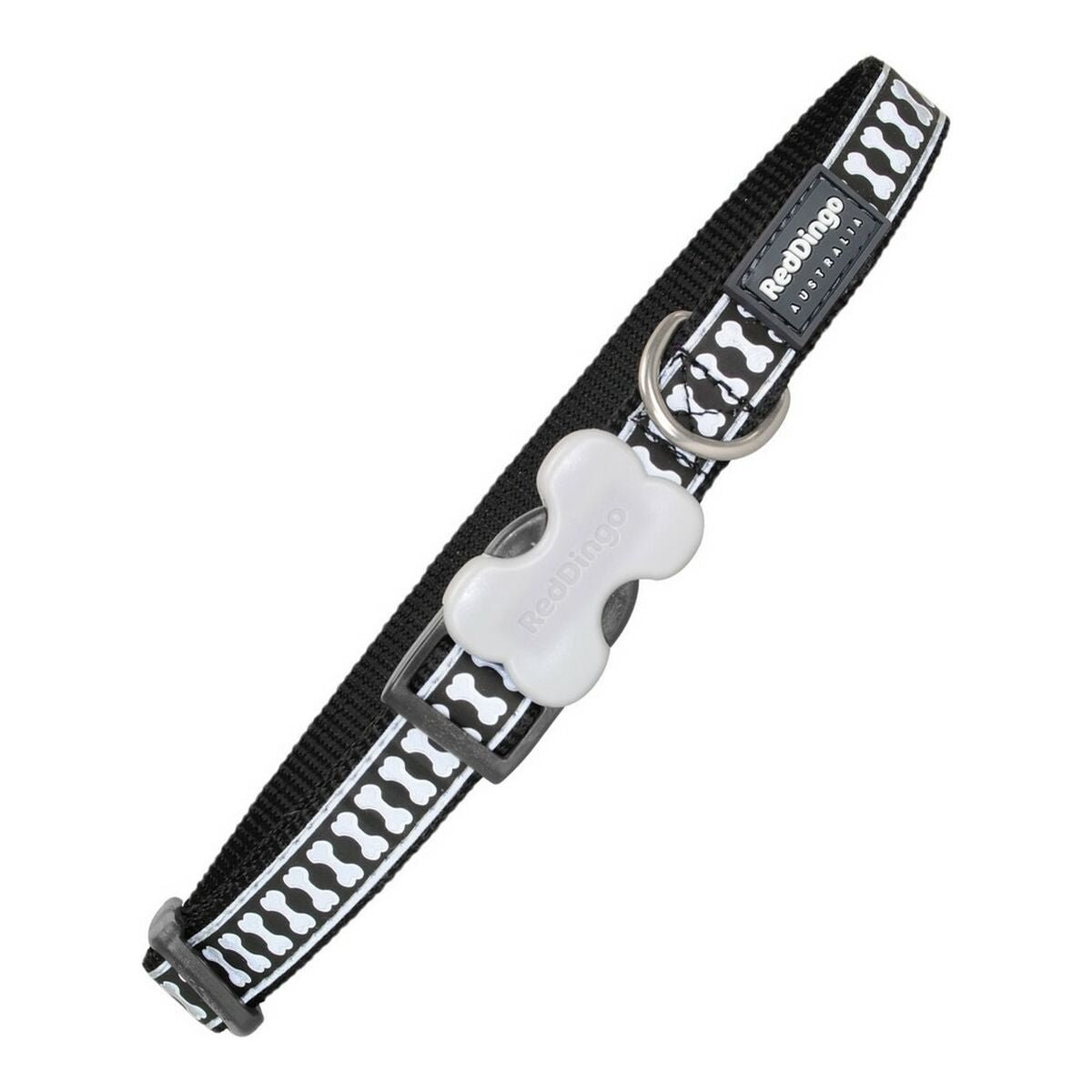Socializing and environmental training your puppy is essential to creating a balanced and well-adjusted dog. It's about exposing your puppy to different people, places and situations to build confidence and create positive experiences.
In this blog post, we will give you 10 valuable tips for effectively socializing and environmental training your puppy. By following these tips, you can help your puppy become safe, calm and adaptable in different environments.
Read on to learn how to give your puppy a solid foundation for socialization and environmental training.
When should you start socializing and environmental training your puppy?
The puppy's breeder has an important role in introducing the puppy to socialization and environmental training by letting it be part of everyday life and exploring different situations. Usually you can start increasing contact with people and start introducing play and handling when the puppy is around 5-6 weeks old. It is important to give both the litter and each individual puppy time for socialization. Once you bring the puppy home at around 8-9 weeks of age, it's your turn to continue with socialization and environmental training.
How can you get started with socialization and environmental training?
Adapt the environmental training to your own everyday life and the environments available to you and your puppy. If you live in the city, it can be good to go out into the country for exercise and give the puppy the opportunity to explore new environments. On the other hand, if you live in the country, it may be worthwhile to go into the city and expose the puppy to city life.
Start early :
The earlier you start socializing and environmental training your puppy, the better. Start training already when the puppy is between 3 and 14 weeks old, when it is most receptive to new impressions.
Positive experiences:
Make sure to create positive and rewarding experiences during training. Praise and reward the puppy when it reacts positively to different situations and environments.
Gradual introduction:
Gradually introduce your puppy to different places, people and animals. Start with calm and familiar environments and gradually increase the level of difficulty.
Social gatherings:
Give your puppy the opportunity to meet different people and other dogs. Organize playdates with other puppies or attend dog training schools to promote social interaction.
Encourage curiosity:
Let your puppy explore different environments and encourage curiosity by introducing different sounds, surfaces and objects. Be present and support the puppy's exploration.
Manage fears gently:
If your puppy shows signs of fear or insecurity, handle the situation gently and avoid forcing the puppy into uncomfortable situations. Give the puppy time and support to gradually get used to what scares him.
Train in different places:
Don't be afraid to train your puppy in different places. Switch between the home, garden, parks and other environments to help the puppy adapt to different surroundings.
Reward desired behavior:
Reward your puppy when he shows the desired behavior during socialization and environmental training. It can be in the form of praise, treats or toys to reinforce positive impressions.
Have patience:
Be patient and give your puppy enough time to adjust to new situations. Each puppy is unique and it may take a different amount of time for them to feel comfortable in different environments.
Continue training:
Socialization and environmental training is an ongoing process. Continue training and exposing your dog to new situations and environments even after the first period. It helps maintain the puppy's adaptability.
Here are 10 tips to get started with socialization and environmental training:
Visit friends:
Visit friends with your puppy and let it get to know new people and environments. It can be exciting for a puppy to explore an echoing staircase or ride an elevator in a villa.
Gradually introduce fireworks sounds :
Play fireworks sounds for the puppy at low volume at first and gradually increase. Be careful not to startle the puppy, and let him get used to the sounds at his own pace.
Visit the dog club:
Take the puppy to the local dog club to get him used to the environment. This is especially important if you plan to train or compete with your dog in the future.
Explore outdoor environments:
Take the puppy to public places outdoors, such as ski slopes in the winter or soccer games and parks in the summer. Let it experience different sounds and activities.
Explore the forest:
Take the puppy to a nearby forest and let it sniff around and listen to the sounds of the forest. This helps the puppy to get used to natural environments.
Discover the city:
If you live in the countryside, take the puppy to a city and let it experience the urban environment and people's life.
Meet other animal species :
Let the puppy safely get to know other animal species, such as cats, horses, rabbits, cows and sheep. For example, visit a stable or a farm.
Visit the animal clinic:
Take the puppy to the animal clinic's waiting room and let it get used to the environment and other animals. Ask the staff to reward the puppy with treats to create positive associations.
Travel by public transport :
Ride the train, bus, subway or tram with your puppy to get him used to different means of transport and people in a public transport environment.
Meet adult dogs:
Let your puppy meet 3-4 different adult dogs that are friendly and vaccinated. This helps develop social skills and create positive interactions.
Can an unvaccinated puppy meet other dogs?
Ideally, a puppy should be fully vaccinated before socializing with other dogs. Vaccinations are essential to protect the puppy against potentially dangerous diseases that can be transmitted from other dogs. Some diseases, such as parvo and distemper, can be life-threatening to an unvaccinated puppy.
If an adult dog is properly vaccinated and shows no signs of contagious diseases, such as diarrhea or coughing, your puppy may be able to socialize with it. However, it is important to remember that there is always some risk of infection spreading, especially if your puppy has not yet received all of its vaccinations.
The recommendation is to follow your vet's advice and wait until your puppy has had its vaccinations before introducing it to other dogs. It can be tempting to let your puppy socialize with other dogs early on, but being careful and following the recommendations is the best thing for your puppy's health and well-being.
By using these tips, you can create a well-balanced and adaptable dog that is safe and harmonious in different situations and environments. Remember to always train with love, patience and positive reinforcement to build a strong relationship with your puppy.




